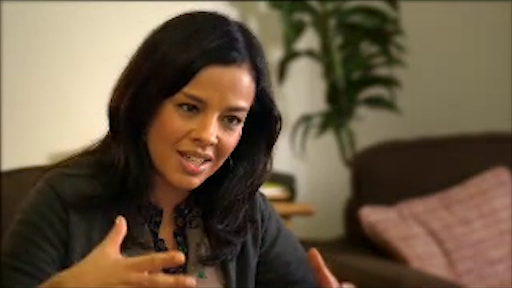6 What does the future hold?
How serious a threat to public health is antibiotic resistance? In this final section, some scientists give their views.
Activity 8 The view of the UK’s Chief Medical Officer
First, watch the short video of Professor Sally Davis, the UK’s Chief Medical Officer, talking in 2013 about antibiotic resistance. Then read the more recent interview with Professor Davis published in 2017.
Finally, answer the following questions.
- a.What does Professor Davis warn against?
- b.What explanation does Professor Davis give for public complacency about the perceived threat(s) of antibiotic resistance?

Transcript: Video 5 ‘A very serious issue’: Sally Davis talking in 2013.
Article 3 Sally Davis’ 2017 interview in The Guardian. [Tip: hold Ctrl and click a link to open it in a new tab. (Hide tip)]
Discussion
- a.Professor Davis warns of a post-antibiotic apocalypse if antibiotic resistance is not tackled on a global scale. Medical interventions we currently take for granted could become a thing of the past and simple infections could once again become killers.
- b.Antibiotic resistance is a ‘hidden’ problem. People are not aware that deaths from infectious diseases are the result of treatment failure.
What does all of this mean for you?
Activity 9 Personal reflections
First, listen to the following short audio clip of four scientists’ opinions about what the future holds for the treatment of bacterial infections.
Transcript: Audio 1 Scientists’ perspective on the antibiotic resistance threat.
Second, use the following questions to help form your own opinion.
- a.On a scale of 1 (low) to 10 (high), how serious a problem is antibiotic resistance?
- b.What, if anything, can be done about antibiotic resistance?
- c.Whose responsibility is it to address this problem? You might like to think about:
- whether individuals should take some responsibility or whether it is up to the medical profession, governments, etc.
- the extent to which different countries and regions should work together to address this problem.
- d.How urgent a problem is it? How soon should action(s) be taken?
At the end of the course you will be asked these questions again to see if what you have learned throughout the course has changed your opinion.
